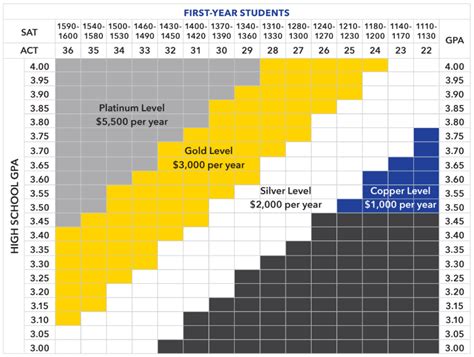Do Scholarships Count as Income? A Comprehensive Guide

Scholarships are a fantastic way to fund your education, but do they impact your financial aid or tax obligations? The short answer is: it depends. This comprehensive guide explores the nuances of whether scholarships count as income, helping you navigate this common question.
Do Scholarships Count as Income for Financial Aid?
The question of whether do scholarships count as income for financial aid purposes is frequently asked by students. The answer often hinges on the type of scholarship and the specific financial aid program.
Federal Financial Aid (FAFSA): For federal student aid programs like the FAFSA, scholarships are generally not* considered income. They reduce your overall financial need, but they don't directly increase your taxable income. This is because the goal of scholarships is to support education, not to be taxed as income.
- Institutional Financial Aid: Individual colleges and universities may have different policies. Some might include scholarships in their financial aid calculations, while others might not. Always check directly with the financial aid office of the institution you are attending.
- Merit-Based vs. Need-Based Scholarships: The type of scholarship can also play a role. Need-based scholarships are often factored differently than merit-based awards in financial aid calculations. It's essential to read the fine print of the scholarship agreement.
- Scholarships covering full tuition and fees: These are usually not taxable.
- Scholarships covering partial tuition and fees with remaining funds for living expenses: The portion used for living expenses might be considered taxable.
- Scholarships for research or other specific projects: These may have different tax implications depending on the nature of the project and whether it’s considered employment.
Key takeaway: While scholarships usually don't count as income for federal financial aid, institutional policies vary. Always review the specifics of your financial aid package and contact the financial aid office if you have questions.
Do Scholarships Count as Income for Taxes?
The tax implications of scholarships are slightly different than their effect on financial aid. Generally, scholarships used for tuition and fees are not considered taxable income. However, scholarships used for room and board, books, or other expenses may be considered taxable income.
This distinction is crucial. The IRS specifically targets funds used for expenses beyond direct educational costs. Always keep accurate records of how you used scholarship funds.
Specific Scenarios & Considerations
Here are some common scenarios to illustrate the complexities:
Frequently Asked Questions (FAQ)
Q: Do athletic scholarships count as income?
A: Athletic scholarships generally follow the same rules as other scholarships. The portion covering tuition and fees is usually tax-exempt; the portion for living expenses might be taxable.
Q: If a scholarship is considered taxable income, how do I report it?
A: You'll need to report the taxable portion of your scholarship on your tax return (Form 1040, Schedule 1).
Q: What should I do if I'm unsure if my scholarship is taxable?
A: Consult a tax professional or the IRS for personalized guidance. Keeping detailed records of your scholarship funds and how they were used is always recommended.
Q: Do scholarships affect my eligibility for other financial aid programs?
A: Scholarships can increase your overall financial aid package by reducing your financial need but check with the financial aid office for their specific policies.
This guide provides a general overview. Remember to always verify information with your educational institution and tax advisor for personalized guidance. The rules surrounding scholarships and income can be intricate, so seeking professional advice is always a wise approach.





